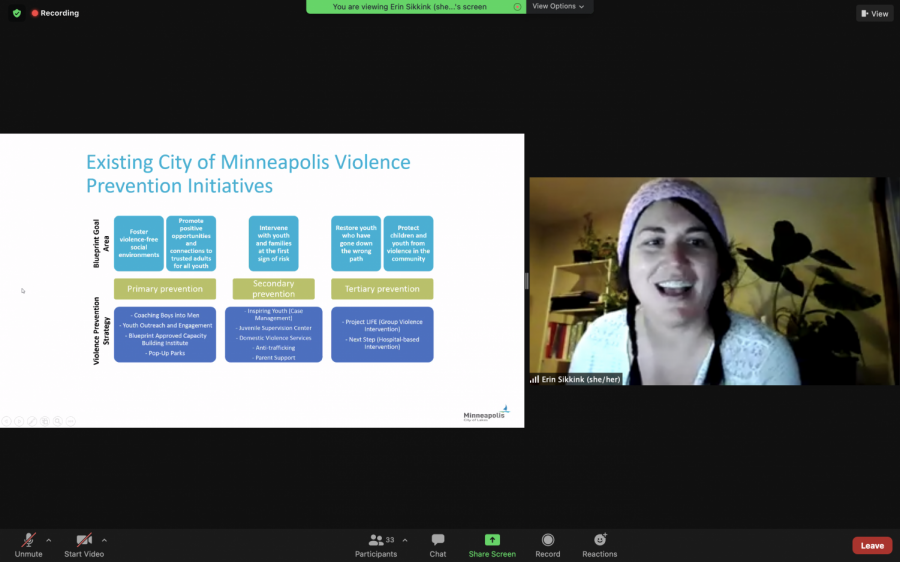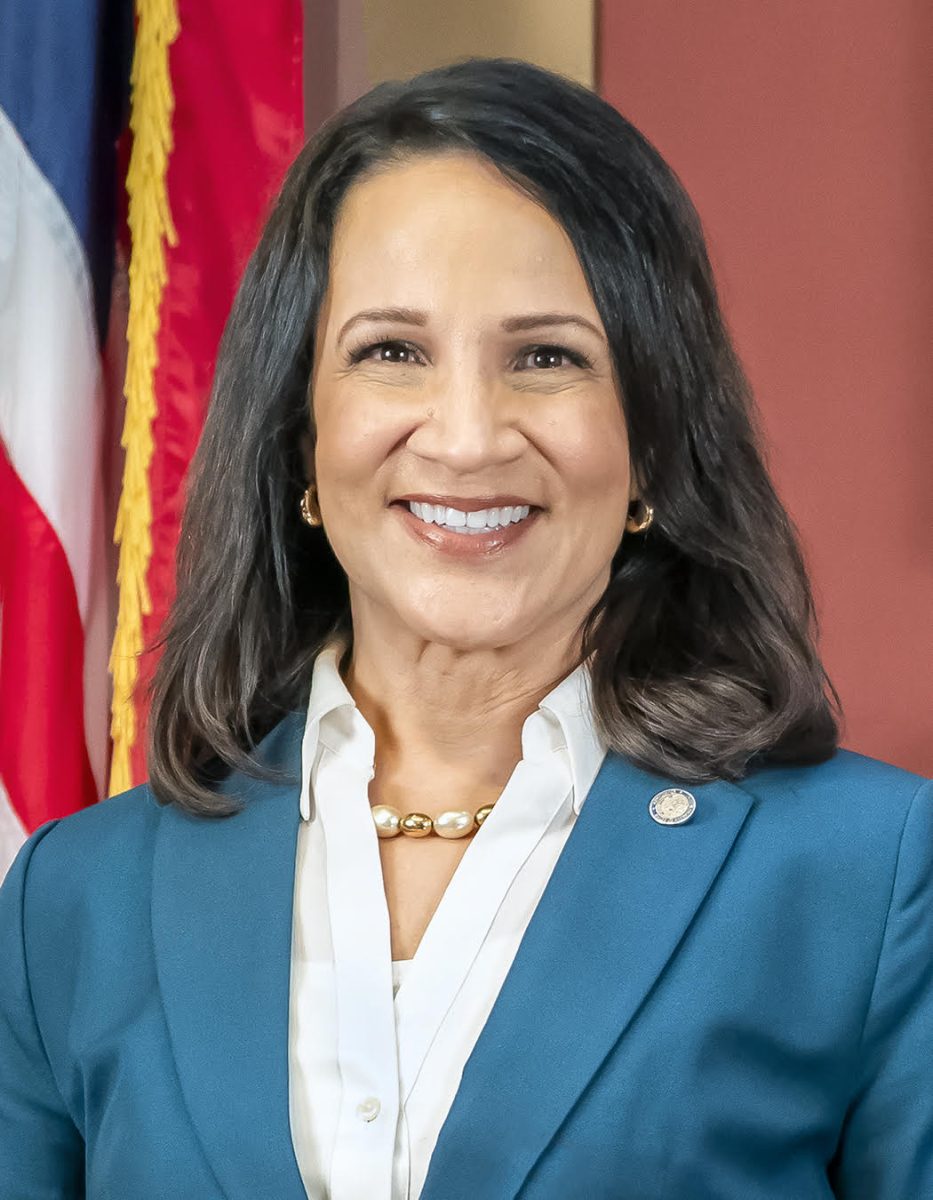Prospect Park neighbors have been gathering police abolitionists, city officials and activists to deepen their understanding of public safety in their community.
Following the police killing of George Floyd, the Prospect Park Association (PPA) board made a commitment to carry out in-depth discussions about public safety. Now, the board is hosting an ongoing virtual workshop series to educate neighbors on local public safety resources, particularly as it relates to policing alternatives. Board members hope these discussions will help inform Prospect Park voters if the City Council presses for further action on police reform in the future.
Jenna Hoge, PPA board member and chair of the renters’ committee, was not on the board when the commitment passed unanimously. She said she is excited, however, to use her position to see it through.
“Everything that happened over the summer sucks,” Hoge said. “Emotions were so high. There was such a sense of mourning in our community and wanting to do something. It feels like I’m doing something and that feels really good.”
The series has used small group discussions and presentations from various advocacy and resource groups, including MPD150, the city’s Office of Violence Prevention and Our Streets MPLS.
Most of the workshop functions around a framework of understanding crime as a needs-based issue and primarily deals with preventative solutions, like redirecting resources into youth outreach and helping people who struggle with drug addiction or homelessness. The workshops consistently look at public safety through a lens outside of policing.
A sizable amount of residents have shown up to each event and neighbors have been deeply engaged in the conversations, said Ben Tuthill, PPA board member.
“So far, it’s been really positive,” Tuthill said. “We’ve gotten a lot of people who I think were already pretty on board with the idea of policing alternatives. … I thought it was exciting to see the initial discomfort with the idea, and then as more tangible alternatives became apparent, more opening up.”
Sheila Nezhad is an activist with MPD150 — an organization that has examined the history, narrative and motivations of Minneapolis police — who gave a presentation earlier this month on police abolition and reform and how to safely achieve those.
As a queer person and the daughter of an immigrant, she said the police have not made her feel safe in her everyday life.
“I want to live in a world where everyone feels cared for and safe,” Nezhad said in an email to the Minnesota Daily. “We’ve had police for over 150 years, and it can be hard to imagine a world without them. That’s why conversations like the Prospect Park series are so great, it gives people a chance to explore new ideas on how to keep one another safe, and meet people where they’re at right now.”
There are two more presentations left in the series — a presentation on neighborhood solutions from the Powderhorn Park Neighborhood Association Jan. 27 and one regarding community-led activism from the group Reclaim the Block Feb. 3.















Rusty Shacklefort
Jan 23, 2021 at 11:52 pm
Somehow I think an all powerful autocratic ruler that embodies the state and is the sole source of power of enforcement might be considered kinda Faschy
Lord of the flies is their go to manual, also white male european though, so your point stands.
CapnRusty
Jan 22, 2021 at 2:14 pm
Nezhad said in an email to the Minnesota Daily. “We’ve had police for over 150 years, and it can be hard to imagine a world without them.” It might help Nezhad’s struggle to imagine the utopia she wants, to realize that throughout the thousands of years that humankind has sought to improve the conditions of life and society. Some of those earlier thinkers had really, really good brains, and their thoughts might be worth considering. One such person was Thomas Hobbes, who wrote a good book entitled “Leviathan.” Of course, since Hobbes was a white, male European, Nezhad could discard everything he said without even looking at it.
CapnRusty
Jan 22, 2021 at 2:14 pm
Nezhad said in an email to the Minnesota Daily. “We’ve had police for over 150 years, and it can be hard to imagine a world without them.” It might help Nezhad’s struggle to imagine the utopia she wants, to realize that throughout the thousands of years that humankind has sought to improve the conditions of life and society. Some of those earlier thinkers had really, really good brains, and their thoughts might be worth considering. One such person was Thomas Hobbes, who wrote a good book entitled “Leviathan.” Of course, since Hobbes was a white, male European, Nezhad could discard everything he said without even looking at it.